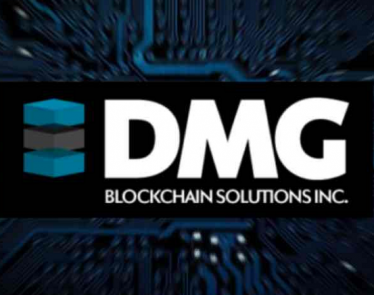
Last week, lawmakers passed a bill in the Connecticut General Assembly proposing that blockchain smart contracts will have full legal effect and be approved for business use in the state. An equivalent bill was passed in the state of Florida, which deemed smart contracts as legally binding in court. While some technologists argue that these laws aren’t necessary, we’ll still likely see more initiatives from an increasing number of jurisdictions in 2019 and beyond, to keep pace with the rapid growth over the past few years of this exciting new technology.
Blockchain has come a long way since 2008, when the technology was first developed. Though its original function was only to support the Bitcoin cryptocurrency, the blockchain has now far surpassed this initial application. Today, the blockchain has begun to enter the realm of truly transformative technologies due to innovative applications such as smart bonds and smart contracts.
So why the clamor for more smart contracts? The blockchain has the ability to automatically execute on a set of programs—which could involve, say, paying out funds to one party—once certain preconditions are met. When all parties agree to these conditions, they store it (permanently) on the blockchain’s distributed ledger, which effectively sets up the smart contract. Besides being virtually unhackable, this contract also becomes irreversible—once the preconditions are met, the programs will be executed. The beauty of smart contracts is that, because enforcement is guaranteed, no governing authority or intermediary is required.
The trick, however, is in linking them to real-world, real-time information. AXA, for example, now offers flight delay insurance through smart contracts on the Ethereum blockchain. This contract is connected to real-world data—that is, air traffic databases all over the world. If there is a delay of more than two hours, compensation is automatically paid out to the passenger. Customers therefore no longer have to go through the paperwork of filing the claim or having their claims disputed by AXA, since an independent network verifies that all conditions are met.
>> Artificial Intelligence Hits Banking Sector: Who’s in the Lead?
Enterprise applications such as these are why blockchain smart contracts have grown so rapidly, and investors may want to consider which stocks could make worthwhile bets. While most growth companies in blockchain that deal in smart contract technologies are still privately owned startups, a few promising players have listed. This includes BTL (TSXV:BTL), a Vancouver-based entrant that offers a money transfer platform called Interbit, which deploys smart contracts across multiple industries, from banking to energy. Meanwhile, LiteLink Technologies Inc. (CSE:LLT) plans to revolutionize North America’s supply chain through a platform for shippers, carriers, and truckers that’s built on smart contracts.
Among the big tech players, IBM (NYSE:IBM) is a solid smart contract play, as it (along with Microsoft) controls 51% of the blockchain market. IBM recently co-built with Walmart a blockchain-based tracking system for its suppliers of leafy green produce, which would eventually allow Walmart to trace the source of all of its produce. This system could feasibly incorporate smart contracts as well.
Microsoft Corp. (NASDAQ:MSFT) is also one smart contract leader to watch. Its Microsoft Azure cloud computing platform was one of the first to roll out an enterprise smart contracts offering. Finally, for those who want exposure to the China market, Alibaba Group (NYSE:BABA) is also heavily invested in blockchain technologies. In late 2018, it filed a patent with the US Patent and Trademark Office for a blockchain-based smart contracts system that would allow for administrative intervention in the case of illegal activity.
Smart contract technologies make up a promising new field, in that they are nearly impossible to hack, immutable, and transparent for all parties. And as jurisdictions all over the world continue to roll out regulations affirming smart contracts as legally binding, its widespread acceptance among enterprises will only grow.
Featured image: DepositPhotos © Fotofabrika












